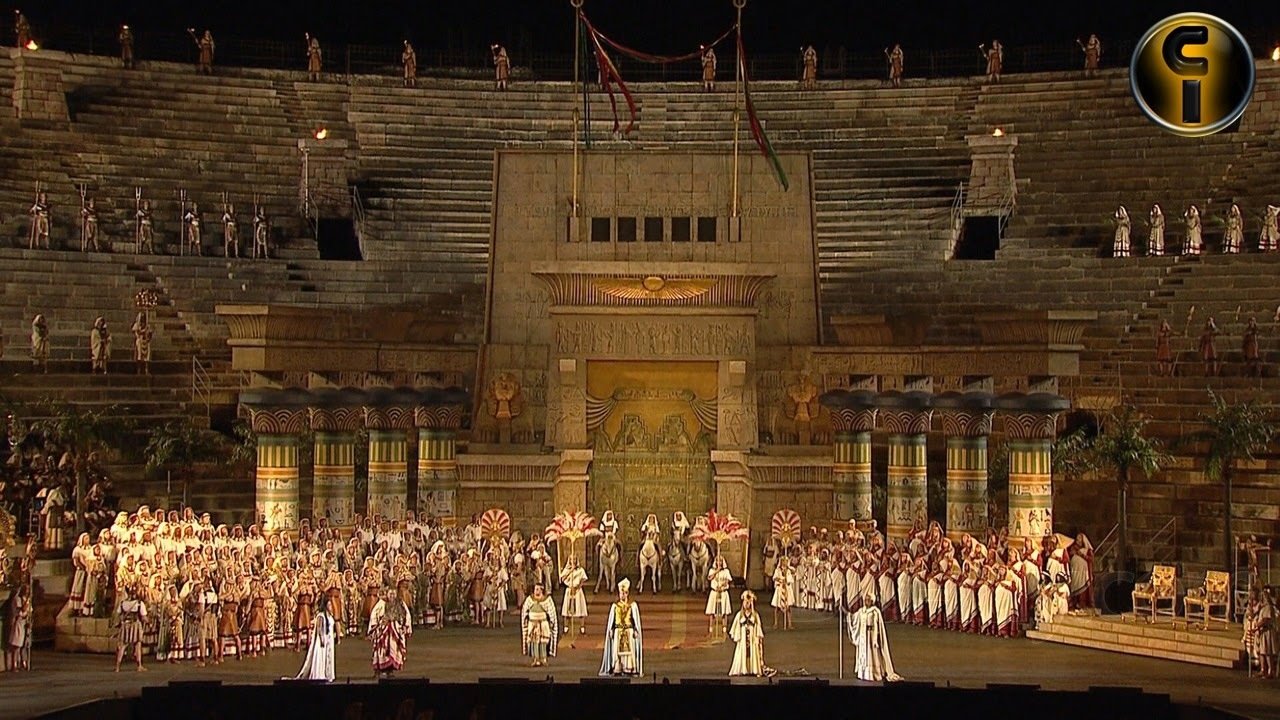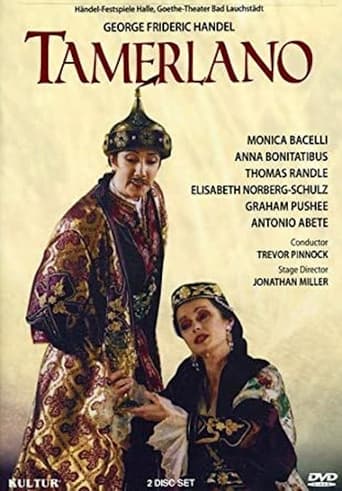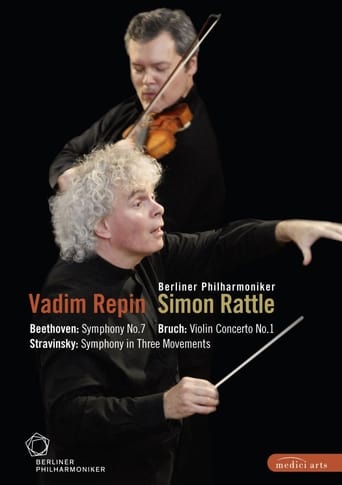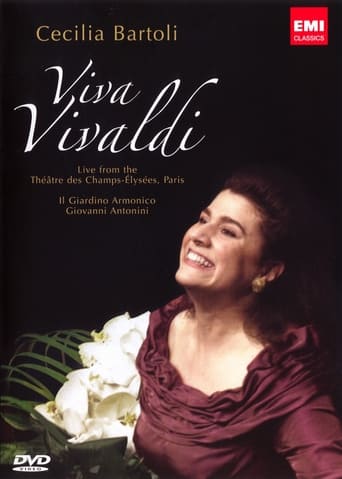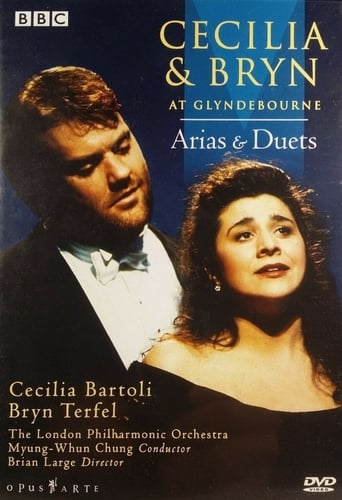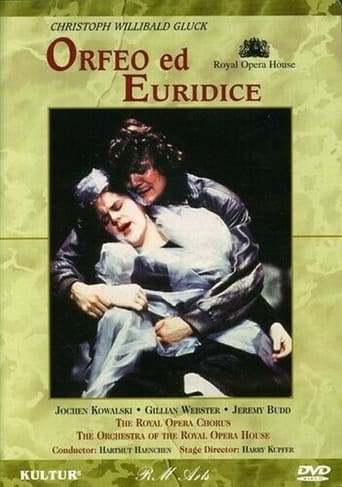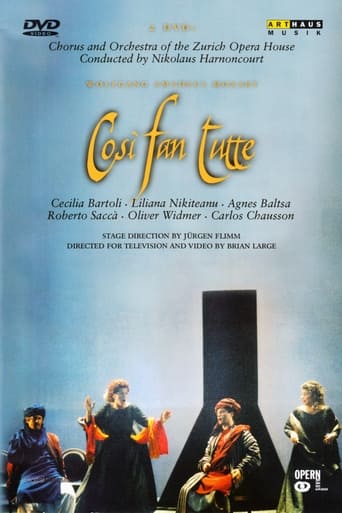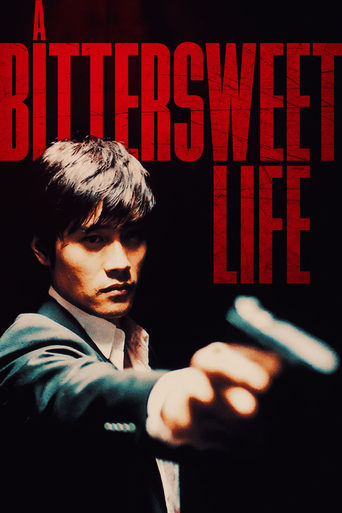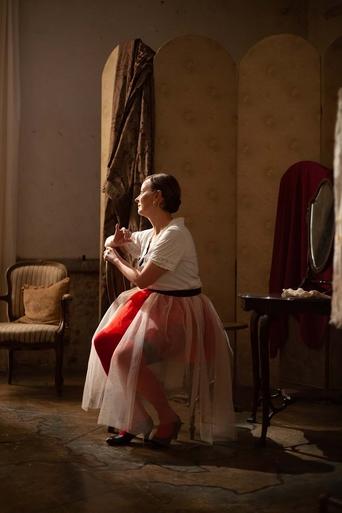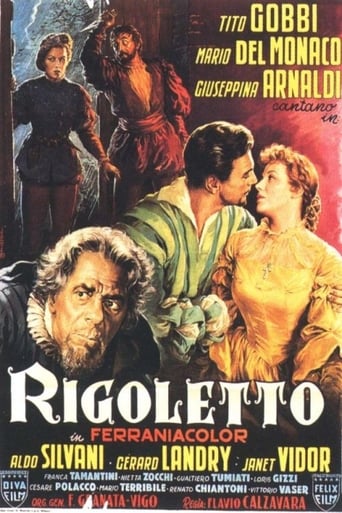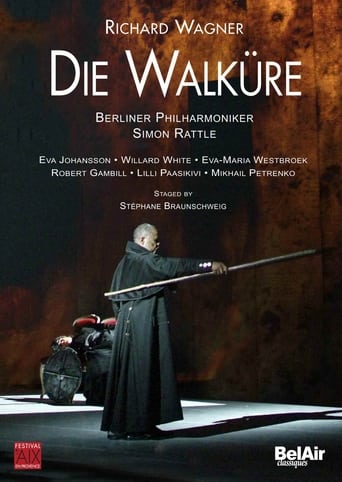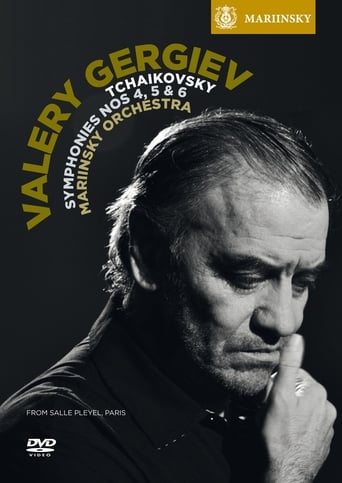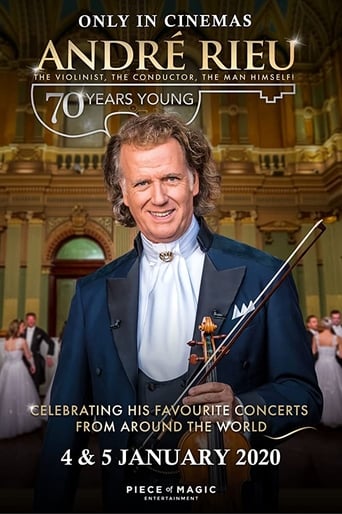
03 May 2024

John Williams in Tokyo
30 years after his last visit to Japan, John Williams has returned for a special concert – making his debut with the world-famous Saito Kinen Orchestra in renditions of his beloved film scores and reuniting with his longtime friend, world-renowned conductor Seiji Ozawa (1935-2024). Captured live on record at Suntory Hall last year, John Williams In Tokyo is now being be released by Deutsche Grammophon and follows his acclaimed concert albums, The Berlin Concert and John Williams in Vienna, which topped charts around the globe.
